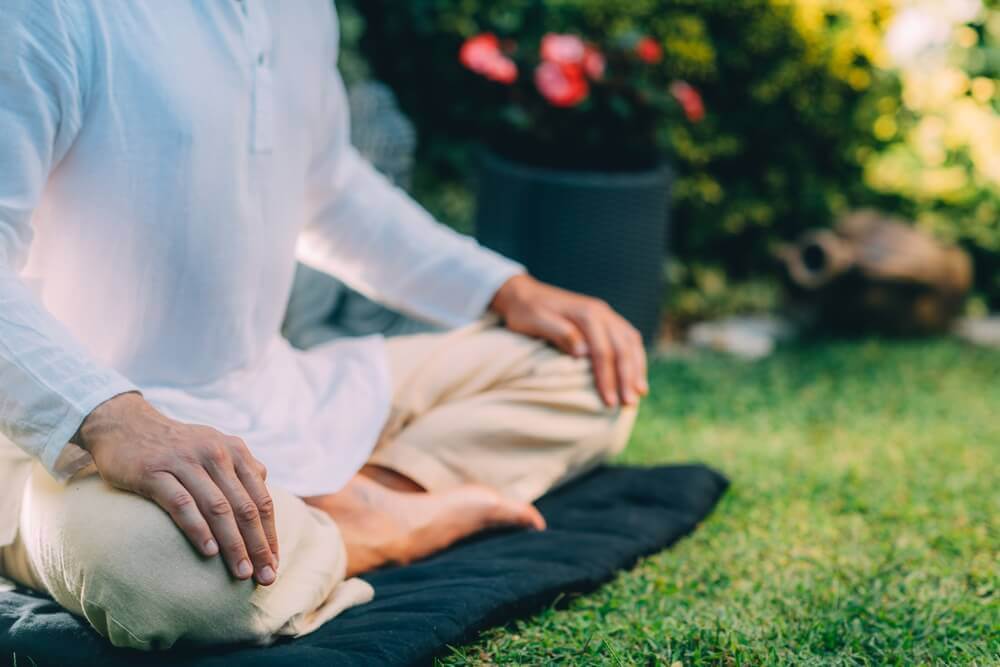Detoxification is a crucial step in the recovery journey, and embracing holistic detox practices can significantly enhance the process. In this blog, we explore the concept of holistic detox and how integrating holistic approaches—addressing the physical, mental, and emotional aspects—can provide individuals with a more comprehensive and empowering detoxification experience.
Understanding Holistic Detox:
Holistic detox goes beyond the conventional approach of addressing only the physical aspects of withdrawal. It recognizes the interconnectedness of the mind, body, and spirit, acknowledging that detoxification is not just about removing substances from the body but also about promoting overall well-being.
Mindfulness and Stress Reduction:
Incorporating mindfulness practices during detox helps individuals manage stress and anxiety associated with withdrawal symptoms. Techniques such as deep breathing, meditation, and mindful awareness contribute to a calmer mental state, allowing individuals to navigate the detox process with greater ease.
Nutritional Support and Hydration:
Holistic detox emphasizes the importance of proper nutrition and hydration to support the body’s natural detoxification processes. A well-balanced diet rich in nutrients aids in repairing tissues, replenishing essential vitamins and minerals, and promoting overall physical health during detox.
Herbal and Alternative Therapies:
Holistic detox often includes the use of herbal and alternative therapies to complement the detoxification process. These may include herbal teas, supplements, acupuncture, or traditional healing practices that support the body’s natural ability to eliminate toxins while promoting overall balance.
Physical Activities and Exercise:
Engaging in physical activities and exercise is a key component of holistic detox. Exercise not only helps to expel toxins through sweating but also promotes the release of endorphins, contributing to improved mood and mental well-being during the detoxification process.
Holistic Therapies:
Holistic detox incorporates a range of therapeutic modalities that address both the physical and emotional aspects of detox. These may include massage therapy, aromatherapy, art therapy, and yoga. These holistic therapies contribute to relaxation, emotional expression, and overall comfort during the detoxification journey.
Emotional Support and Counseling:
Recognizing the emotional challenges of detox, holistic approaches prioritize emotional support and counseling. Providing individuals with a safe space to express their feelings, fears, and aspirations enhances the emotional resilience needed to navigate the detox process and lay the foundation for lasting recovery.
Integration of Holistic Practices in Rehab:
Holistic detox practices seamlessly integrate with holistic rehabilitation programs. By continuing these practices beyond the detox phase, individuals can build a foundation for sustained well-being. Holistic approaches become not just a temporary measure but a transformative lifestyle that supports recovery.
Embracing holistic detox practices goes beyond the traditional approach, addressing the mind, body, and spirit. From mindfulness and stress reduction to nutritional support, herbal therapies, physical activities, and emotional counseling, holistic detox provides individuals with a comprehensive and empowering experience. By recognizing the interconnectedness of all aspects of well-being, holistic detox becomes a pivotal step in the journey to lasting recovery.




















